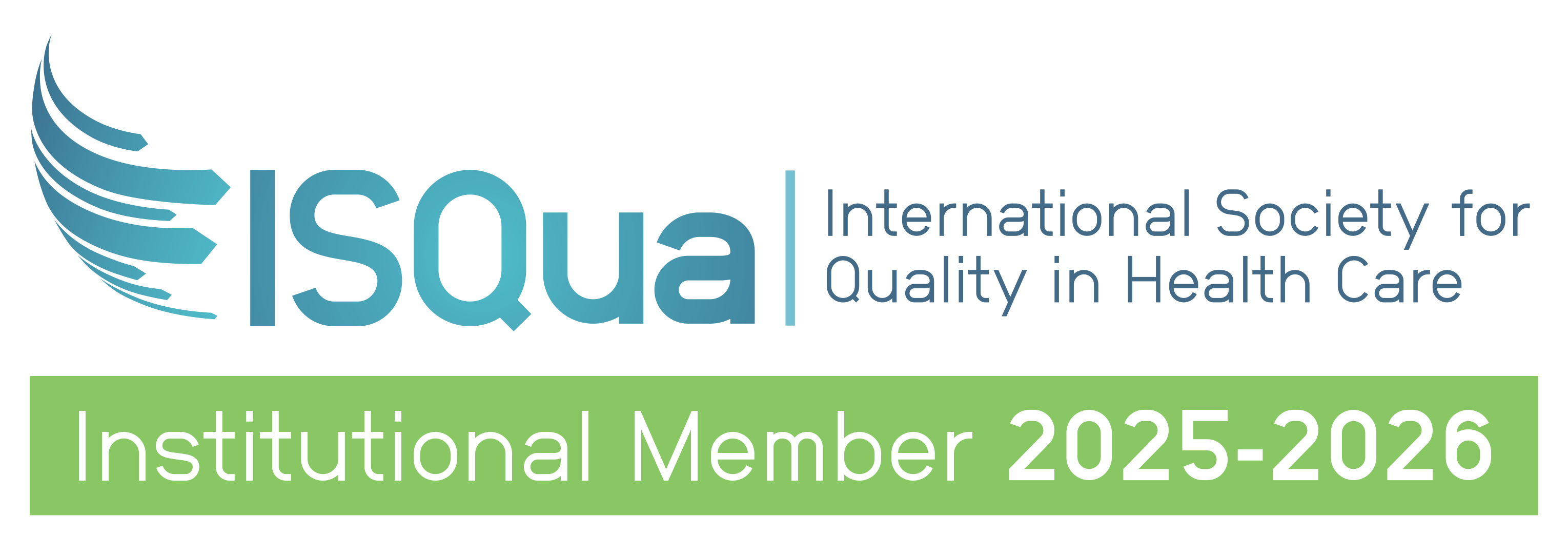
QI In Action: Reducing blood stream infection for all dialysis inpatients
Learn how QIL Participant, Ms Maureen Tandiama, is working to reduceblood stream infections at Alice Springs Hospital.
Participants in our flagship Quality Improvement Lead (QIL) Training Program, embark on a 9-month learning journey where they work on a real-life quality improvement project within their own healthcare setting.
The program has helped Ms Marueen Tandiama, Kidney Dialysis Unit Nurse at Alice Springs Hospital, develop skills in quality improvement and put them into practice to make meaningful change.
Project Summary
The project aim is to reduce blood stream infections via central venous catheters for all dialysis inpatients at the Kidney Dialysis Unit/ Renal Ward.
It was noted that outside variables related social determinants of health including housing, education, non-compliance to treatment and nutrition impacted infection rates. Therefore, the project focuses on interventions are more within our scope of control such as being consistent with infection control procedures when accessing and de-accessing central lines before and after inpatient dialysis.
We coordinated with the Infection Prevention and Control Unit to collect data of the current rate of Central Line Associated Blood Stream Infections in Alice Springs Hospitial Kidney Dialysis Unit (ASH KDU). As per the The Australian Commission for Safety and Quality in Health Care Blood Stream Infection (BSI) is defined as a BSI in a patient receiving haemodialysis without an organ site focus for the BSI where there is clinical infection at the site of vascular access.
The use of diagnotic tools including brainstorming, an affinity diagram and a pareto chart enabled us to identify the main causes of BSI via central venous catheters on our unit. We put our interventions into an action plan to determine what is needed to reach our aim. This included:
-
To assess that all workforce is appropriately trained and adhere strict ANTT/Aseptic Technique
-
Monthly audit for hand hygiene, CVC handling to be done by infection control champions and educator.
-
Standard CVC practice for all KDU staffs. KDU staff to allocate 1-15 minutes in doing CVC care. Allow chlorhexidine solution to air dry. Chlorhexidine solution for single use for each patient.
-
Aseptic field – Ensure impervious sheet with a bluey underneath is dry and not soaked with chlorhexidine solution to not compromise the field.
-
Patient education via CVC care leaflet to be distributed.
Results
Since implementation, there has been a reduction of CVC infections in the acute setting. As a result of this project all KDU staff has undergone in-services regarding standardisation of CVC practice and as part of the action plan there has been changes to the cleaning solution, technique in cleaning the CVC's and changing dressings.
Participants in our QIL Program embark on a meaningful learning journey
“I would like to thank my manager for trusting and giving me the opportunity to take the ACHS course. I’m privileged to be part of the QIL Program and I want to extend my sincerest gratitude to all the preceptors, mentors, staffs for all the learnings, patience and support you have given not only to me but to each and every one of us. The unique approach of learning virtually, mentoring techniques and project development ideas had helped me shaped my career for the better as I established my leadership, time management and team skills. Huge respect, love and devotion to all the ACHS team.”- Ms Maureen Tandiama
Are you ready to take the next steps?
The Quality Improvement Lead (QIL) Program is our flagship training course developed specifically for Healthcare leaders. It helps participants understand the importance of quality improvement and to put their ideas for improvement into practice.
There is still time to join our upcoming V-QIL program in August. This virtual training engages participants in an interactive learning journey where they have the opportunity to work on a specific quality improvement project within their organisation while being supported by an expert faculty of clinicians.

